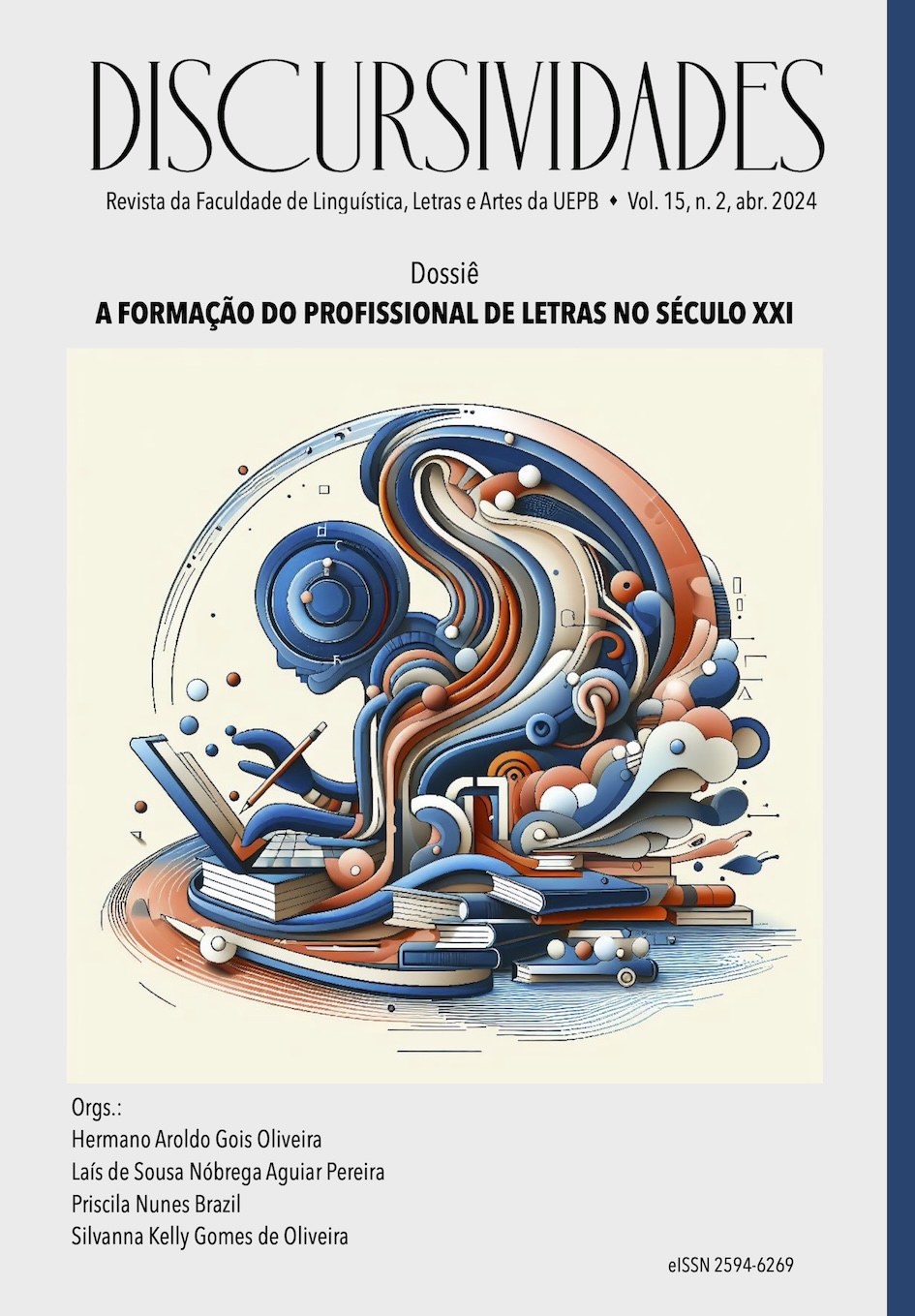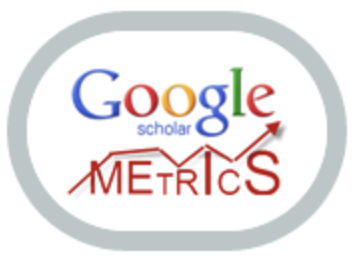Social positionings in the English language classroom: critical literacies and production of advertisements in the Supervised Internship
DOI:
https://doi.org/10.29327/256399.15.2-2Keywords:
Supervised Internship, English teaching, Critical literacies, Advertisement production.Abstract
This article is situated within the scope of critical literacies, paying attention to the relevance of this perspective in teacher training, and in particular, in English language teaching. This work is therefore anchored in theoretical contributions from the field of critical literacies, considering the BNCC (BRASIL, 2018) guidelines for teaching English. Thus, this research aims at analyzing the implications of critical literacies in the citizenship formation of students, in the English class, during the Supervised Internship through the production of the textual genre advertisements. This is a case study with a qualitative approach, set in a 9th grade class at a state school in the city of Campina Grande, in the countryside of Paraiba state. We observed the students’ engagement in the processes of reading, planning and writing texts, in addition to taking critical and reflective positions on emerging topics in the areas of school and social coexistence.
References
ARAUJO, E. V. F.; VILAÇA, M. L. C. Letramento crítico: compreender e lidar criticamente com as diversas práticas sociais contemporâneas. Anais..., vol. XXIII, n. 3, p. 337-345, 2019. Disponível em: < http://www.filologia.org.br/xxiii_cnlf/cnlf/tomo01/24.pdf>. Acesso em: 27 dez. 2023.
BARROS, W. V. Letramentos críticos na formação docente: a função educacional da aula de língua inglesa. The Especialist, v. 43, n. 2, p. 75-92, 2022. Disponível em: < https://revistas.pucsp.br/index.php/esp/article/view/57791>. Acesso em: 27 dez. 2023.
BRASIL. Ministério da Educação. Base Nacional Comum Curricular. Educação Infantil e Ensino Fundamental. Brasília: MEC, 2018.
FRAGOZO, C. S. Benefits and challenges of teaching English in Brazilian regular schools. BELT-Brazilian English Language Teaching Journal, v. 2, n. 1, p. 17 - 26, 2011. Disponível em: <https://revistaseletronicas.pucrs.br/index.php/belt/article/view/9072>. Acesso em: 20 jun. 2023.
KLEIMAN, A. B. Introdução: modelos de letramento e as práticas de alfabetização na escola. In: KLEIMAN, A. B. (org.). Os significados do letramento: uma nova perspectiva sobre a prática social da escrita. Campinas: Mercado de Letras, 1995. p. 15-61.
KLEIMAN, A. B.; VIANNA, C. A. D.; DE GRANDE, P. B. A Linguística Aplicada na contemporaneidade: uma narrativa de continuidades na transformação. Calidoscópio, v. 17, n. 4, p. 724-742, 2019. Disponível em: < https://revistas.unisinos.br/index.php/calidoscopio/article/view/cld.2019.174.04>. Acesso em: 27 dez. 2023.
MOITA LOPES, L. P. Da aplicação de linguística à linguística aplicada indisciplinar. In: PEREIRA, R. C.; ROCA, P. (org.). Linguística aplicada: um caminho com diferentes acessos. São Paulo: Contexto, 2019. p. 11-24
MOTTA, A. P. F. O letramento crítico no ensino/aprendizagem de Língua Inglesa sob a perspectiva docente. Programa de Desenvolvimento Educacional do Governo do Estado do Paraná, área de Língua Inglesa-UEL. Londrina, 2008.
SILVA, G. E. A. Desenvolvimento do letramento crítico: possíveis caminhos a partir de contribuições da pedagogia crítica, da análise crítica do discurso e da exploração de inferências. 2021. 163 f. Tese (Doutorado em Estudos Linguísticos), Universidade Federal de Minas Gerais, Belo Horizonte, 2021.
STREET, B. Os novos estudos sobre o Letramento: histórico e perspectivas. In: MARINHO, M.; CARVALHO, G. T. (ed.). Cultura escrita e Letramento. Belo Horizonte: UFMG, 2010. p. 33-53.
Downloads
Published
How to Cite
License
Copyright (c) 2024 Francisco Gabriel Cordeiro Silva; Giulianne Vieira Santos; Vitória Aparecida de Oliveira Andrade

This work is licensed under a Creative Commons Attribution 4.0 International License.
Authors who publish in this journal agree to the following terms:
a) Authors retain copyright and grant the journal the right of first publication. The articles are simultaneously licensed under the Creative Commons Attribution 4.0 International Public License (CC BY 4.0) which allows the sharing of the work with acknowledgment of its authorship and initial publication in this journal.
b) Discursividades journal offers immediate free access to its content, following the principle that making scientific knowledge available to the public free of charge provides greater global democratization of knowledge.






